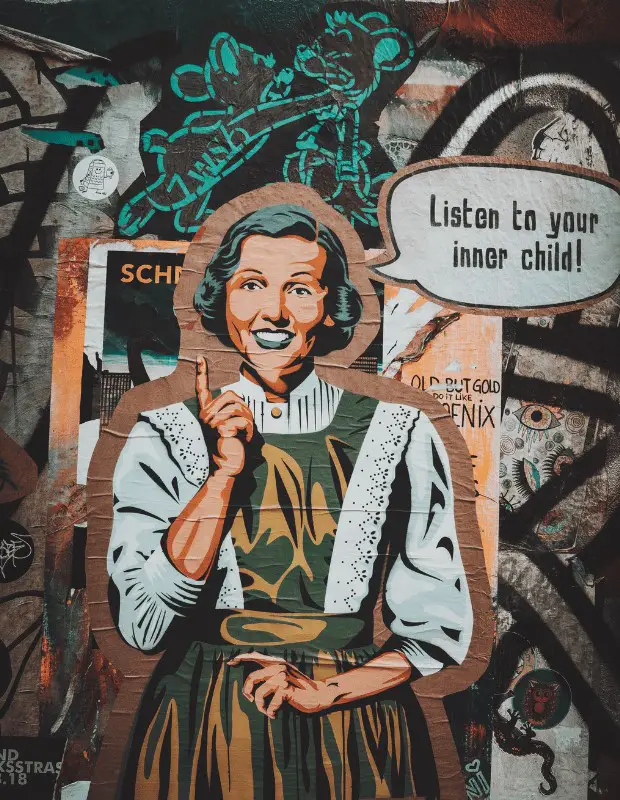
Want to keep readers coming back? Tickle their funny bone with humorous writing.
Whether it’s a novel, a short story, or a blog post, a dash of humor can be a game-changer. But crafting comedy isn’t one-size-fits-all. From witty one-liners to playful satire, the spectrum of humor is vast. Remember, what has one person in stitches might leave another scratching their head. So, know your audience, and then dive into these techniques to pepper your prose with chuckles.
Various Forms of Humorous Writing
There are several types of humor you can use to make your piece more entertaining and jovial. Sarcasm, wit, irony, and satire are all effective ways to make your readers laugh or at least smile. However, it’s important to use each type of humor at the right moment, so your punchline lands perfectly.
1. Sarcasm
Many often view sarcasm as the lowest form of witticism because it relies on mean-spiritedness and mockery. It can be funny if used in moderation, but too much sarcasm will make your writing seem unprofessional and petty.

2. Wit
Wit is similar to sarcasm, except that it uses intelligence and cleverness instead of condescension and mockery. It employs puns, wordplay, and double meanings to lead the reader down an amusing path.
3. Irony
Irony occurs when what happens contradicts what was expected. This discrepancy between expectation and reality can create some hilarious situations. This is like when a character in your story concocted a scheme that hilariously backfires on him.
4. Satire
Last but not least, we have satire, which makes fun of people or ideas by using exaggeration, ridicule, or parody. When done right, satire pokes holes in some hot arguments and brings attention to societal issues. Controversial politicians and other celebrities are often subjected to satire by comedians.
Use Them Wisely!
All four forms of funny business we discussed can enhance your writing if used carefully. Keep in mind though that overdoing any of these methods may result in wasted time, so choose your chuckles wisely! Try using irony or sarcasm in situations where it would be unexpected but still make sense within the story’s context. Or play around with word choice by making absurd comparisons or substitutions (like referring to a very tall and lanky character as “beanpole”). If done well, humorous writing can enhance your readers’ experience. Just don’t overdo it or force the jokes to the point that it doesn’t appear natural in the piece itself. Often, a little goes a long way!

How to Write Humorously
Humor is a great way to hook readers, and have them coming back for more. Our inherent desire to laugh motivates us to share funny YouTube videos and respond to text messages with iconic smiley faces. Many people choose to get their daily news with a touch of comedy from outlets like “The Daily Show,” “The Colbert Report” or “The Onion“. This is to show that we would rather laugh than sit and wallow in sadness. Humorous writing is not limited to comic strips, as it also benefits any form of conversational or narrative compositions, such as short stories, articles, books, and essays. By the way, don’t forget to proofread your work for spelling and grammar mistakes.
Elements of Humor in Writing
Who doesn’t enjoy some dark humor from time to time? Have you noticed that even in movies of the horror genre, filmmakers try to inject a little humor now and then? This is known as comedic relief and it makes movies more enjoyable. But before you start cracking jokes, there are a few elements you should know about using humor in your writing:
1. Timing
One of the most important elements of humor is timing and delivering the punchline at the right moment. Knowing when to deliver a joke is crucial, and if you do it too soon or too late, the effect will be lost.
2. Relevance
Another important element of humor in writing is relevance. Your jokes should be relevant to the topic at hand. Otherwise, they’ll just seem out of place and forced.
3. Comical Value
Finally, make sure that your jokes land. There’s nothing worse than an attempted bit of wit that falls flat. If you keep these elements in mind, you’re well on your way to adding some hilarity to your writing. So go forth and entertain us all. If you want to add humor to your writing, timing is everything! Make sure your jokes are relevant and land – otherwise, you’ll just end up looking like a fool.

Why Incorporate a Bit of Humor Into Your Next Piece?
Humor is a great way to make your writing more interesting and vivacious. It can also help lighten the mood or make a serious subject more relatable. The goal of adding some humor to your writing project is not about becoming the next Woody Allen or David Sedaris (unless that’s your dream). The objective is to improve your writing by using all the tools available to you, including comedy.
1. Brainstorm Ideas with Friends or Fellow Writers
This can help give you a fresh perspective on what might be funny. Experiment with different types of humor until you find one that works well with your voice and style. Brainstorming can help you generate more ideas, reduce writing anxiety, and focus your attention on the most relevant content when writing. This is essential before outlining the major points needed to create well-organized short stories and writing in general.

2. Pay Attention to Timing and Delivery
Jokes that are too long or arrive at the wrong moment will fall flat. Work on perfecting your delivery so that readers laugh when they’re supposed to. Polishing your timing and delivery is crucial for maximizing the impact of your joke. This will help you achieve the desired result, which is to make the readers laugh. Psychologist and bestselling author Dean Buonomano points out in his book Your Brain is a Time Machine that our mind not only tracks the passage of time but can also stretch or compress our sense of that passage in various ways. So why not give humor a try in your next piece? It might just take your writing from good to great.
FAQs on Humorous Writing
1. How do you write a funny poem?
There is no one way to write a funny poem, but you can try these tips:
- Thinking of a topic that will be entertaining to read about.
- Using rhyme and other poetic devices to add levity and interest.
- Keeping the overall tone lighthearted.
Following these guidelines can help you create a poem that will bring smiles (or even laughter) to your readers’ faces.
2. How do you come up with a funny story?
Every funny story is different, but here are a few things to take heed of to help you come up with a hilarious tale.
- Try to think of a situation that would be universally relatable and entertaining.
- Add in some elements of exaggeration or absurdity to make the story even more humorous.
- Don’t forget the punchline! A good joke will leave your audience laughing out loud. So, make sure yours is solid.
Conclusion
If you like to master humorous writing, following these tips and techniques can help get you started. Just remember not to overdo it. A bit of humor goes a long way! And be sure to keep your audience in mind so that you don’t end up offending anyone with your jokes. With a light touch and the right approach, humorous writing can be a great asset to any piece. Next up, you may want to explore a guide on how to start a business plan writing service.
Hey there, welcome to my blog! I'm a full-time entrepreneur building two companies, a digital marketer, and a content creator with 10+ years of experience. I started RafalReyzer.com to provide you with great tools and strategies you can use to become a proficient digital marketer and achieve freedom through online creativity. My site is a one-stop shop for digital marketers, and content enthusiasts who want to be independent, earn more money, and create beautiful things. Explore my journey here, and don't forget to get in touch if you need help with digital marketing.

